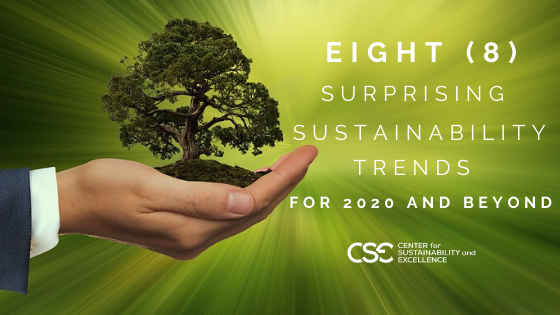Nikos Avlonas
President and Founder of Center of Sustainability and Excellence (CSE)
Not a new film of the popular series, a new type of bond known as “green bonds” are an investment tool which can, with what they generate, contribute to tackling climate change. As a consequence, more capital managers are attracted by the idea of investing in these bonds. Following the Paris Agreement, “green bonds” found the spotlight. While there are still questions over what exactly they accomplish, there is rising interest on behalf of many organizations and companies over their actual scope.
These kinds of bonds can fund projects not only in the field of solar and wind energy and public transportation, but also support initiatives over energy saving, renewable energy, energy efficiency (with building efficiency) and sustainable waste management. Initially, supranational organizations, such as the World Bank and European Investment Bank, issued most of the green bonds. Nowadays, more green bonds are issued by corporations, as well as universities and governments. Apple and Starbucks were among the first to proceed with a “green bond” issuance.
In Tunisia, for example, the green bonds that were issued by the World Bank increased the efficiency of irrigation systems and reliable and safe water supply systems in rural areas where water resources were limited. In China, they helped communities that are prone to natural disasters be more proactive by financing flood control systems and flood warnings. In Colombia and Mexico, they supported the energy efficiency of public transport systems, while in other parts of the world they funded alternative energy projects.
They are also being used in Europe. In 2016, Poland was the first country to issue a green bond, with the aim to fund “green” business projects. In 2017, France issued the largest green bond of all times, worth 7 billion euros, generating the investors’ interest who offered overall 23.5 billion euros. Remarkably, in 2017, the green bonds issued by companies and organizations were worth almost $150 billion dollars, double the price from 2016, according to the NGO of Climate Bond Initiative in London. We are already on track to surpass that with over $100 billion issued by June 2019.
According to the Climate Bond Initiative’s report for 2017, until the first trimester of 2018, European bonds reflected 37% of the total number of bonds globally. Meanwhile, the number of businesses issuing such bonds has increased: 48 of them belong in the energy sector, 35 in the financial sector, 23 in the real estate sector, 17 in local governments and 3 are states. European Union’s interest in green bonds is obvious given the European Committee has already proceeded in the modification of some accounting rules and procedures to benefit sustainable investments. Moreover, in June 2019, it submitted a Report on EU Green Bond Standard by members of a technical expert group, as stated by the European Commission Vice-President Valdis Dombrovskis.
Following the progress of green bonds, one sees they undoubtedly can contribute in the mitigation of the climate change consequences. Unfortunately, some green bonds have been accused of being the product of speculations or linked with a fake ecological identity or greenwashing. To avoid this, green bond issuers, including private corporations, must assure and adhere to clear and transparent rules. This can be achieved through an independent Report and Assurance of all consequences following investments and control of projects that are funded with green bonds. At the same time organizations that issue such bonds must have designed sustainable development strategies and be competent at publishing the repercussions of all investments with green bonds.
Green bonds, as the new product in international markets, can contribute in significant investments and relate to the funding of green projects. Nonetheless, organizations and most of the nations that issue them should ensure transparency in communicating the positive outcomes of such investments, while also guarantee that they can function as an effective tool for Sustainable Development.
Green Bonds as one of the Best Solutions for Climate Change
Assuming that Developing and Developed World countries, will start using Green Bonds for funding large scale Renewable Energy and other carbon reduction related projects, will reduce significantly carbon emissions on a country level and could be potentially one of the best solutions for fighting, on time, Climate Change. This could work under the assumption that minimum standards will be followed and transparent reporting as well as external assurance will take place for each project.


